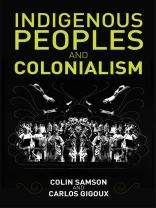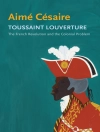Indigenous peoples have gained increasing international visibility in their fight against longstanding colonial occupation by nation-states. Although living in different locations around the world and practising highly varied ways of life, indigenous peoples nonetheless are affected by similar patterns of colonial dispossession and violence. In defending their collective rights to self-determination, culture, lands and resources, their resistance and creativity offer a pause for critical reflection on the importance of maintaining indigenous distinctiveness against the homogenizing forces of states and corporations.
This timely book highlights significant colonial patterns of domination and their effects, as well as responses and resistance to colonialism. It brings indigenous peoples issues and voices to the forefront of sociological discussions of modernity. In particular, the book examines issues of identity, dispossession, environment, rights and revitalization in relation to historical and ongoing colonialism, showing that the experiences of indigenous peoples in wealthy and poor countries are often parallel and related.
With a strong comparative scope and interdisciplinary perspective, the book is an essential introductory reading for students interested in race and ethnicity, human rights, development and indigenous peoples issues in an interconnected world.
Spis treści
Preface
1. Identity
2. Colonization
3. Land
4. Environment
5. Rights
6. Culture
References
O autorze
Colin Samson is Professor of Sociology at the University of Essex
Carlos Gigoux is Lecturer in Sociology of Human Rights at the University of Essex












